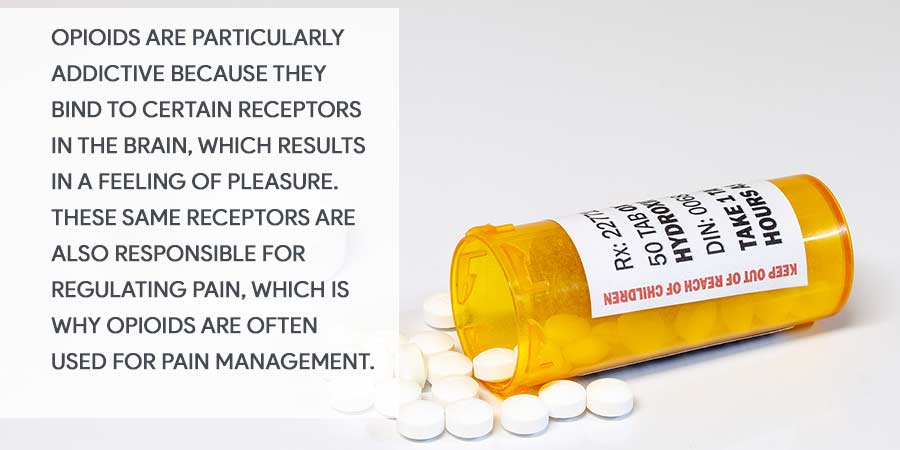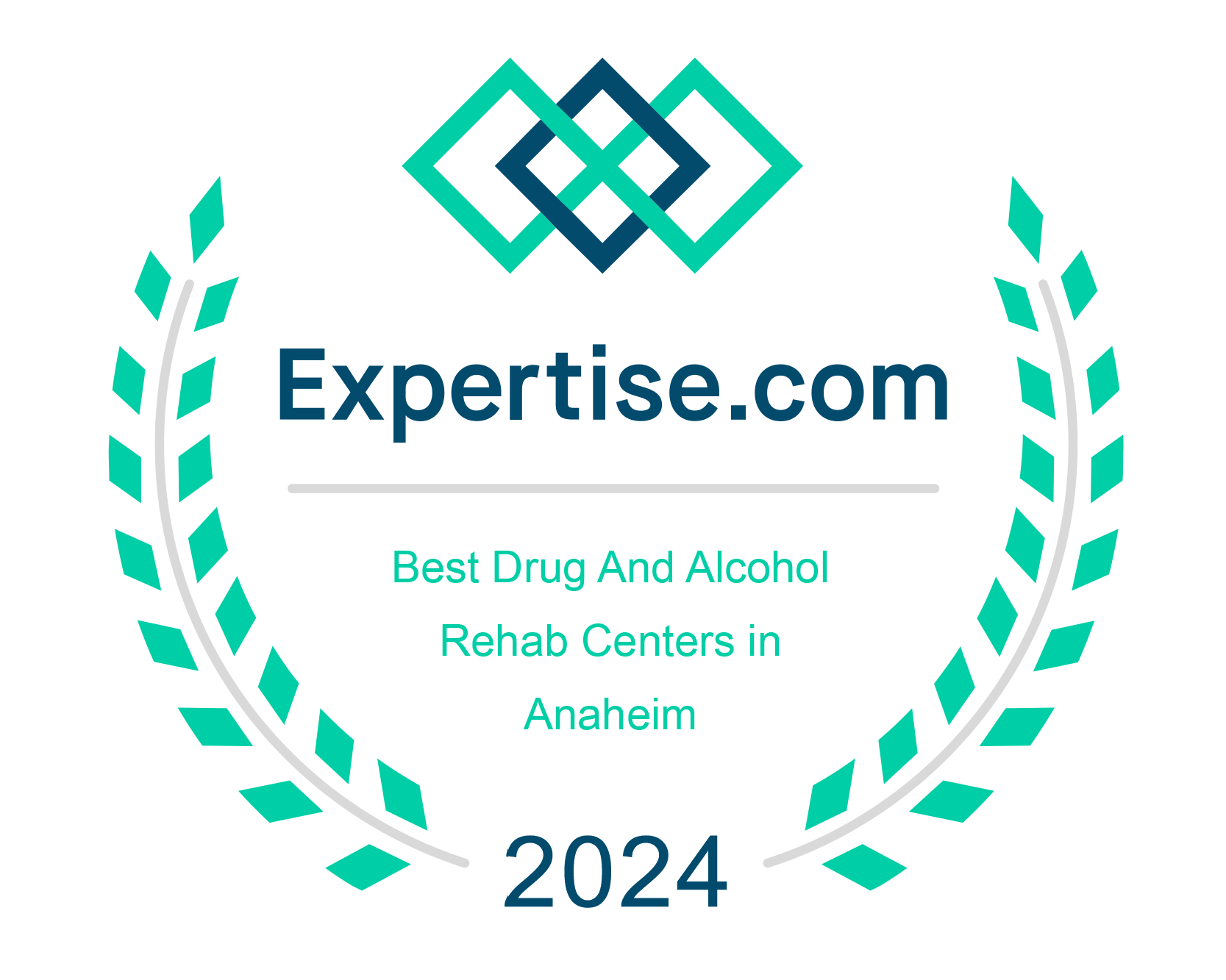Addiction is a complex condition that is widely misunderstood. Many myths and misconceptions about addiction make it challenging to find the proper treatment. One of the most common myths is that addiction is a choice. However, addiction is a disease that alters the brain and changes someone’s behavior. It is not something that someone can simply choose to stop. Another myth is that addiction is only a problem for people who use drugs or alcohol. In reality, addiction can affect anyone, regardless of substance use. Addiction is a serious and often destructive condition, but it is also treatable. With the right treatment plan, people with addiction can recover and live healthy, fulfilling lives. Here are six common questions people have about addiction.
1. Is Opioid Addiction a Choice?
Nobody chooses to be a slave to a drug. Addiction is a painful condition that afflicts people from all walks of life. It can happen to anyone, and it’s not a matter of willpower or character strength. The National Institute on Drug Abuse (NIDA) defines addiction as a “chronic, relapsing brain disease that is characterized by compulsive drug seeking and use, despite harmful consequences.”
Addiction is caused by changes in the brain that occur over time as someone continues to use drugs. These changes create an uncontrollable urge to use drugs even when it’s no longer pleasurable and can lead to dangerous behaviors, such as stealing or selling possessions to buy drugs. Opioids are particularly addictive because they bind to certain receptors in the brain, which results in a feeling of pleasure. These same receptors are also responsible for regulating pain, which is why opioids are often used to treat pain. However, the more opioids someone uses, the more tolerant they become to them. This means that people who use opioids regularly will need increasingly larger doses to experience the same effects. Withdrawal from opioids is also notoriously challenging and can be extremely painful. All of these factors make quitting opioids extremely difficult.
2. How Do People Become Addicted to Opioids?
There are many ways to become addicted to opioids. Some people become addicted after being prescribed opioids for pain relief and then finding that they can’t stop taking them. Others may start taking pills they found in their parent’s medicine cabinet or buy them from friends or dealers. Some people begin using heroin because it’s cheaper and easier to get than prescription drugs.
When someone takes opioids, they are effectively flooding their brain with dopamine, which is a feel-good neurotransmitter. This creates a pleasurable sensation and reinforces the behavior of taking opioids. Over time, the brain becomes adapted to this high level of dopamine and begins to produce less of it on its own. This makes it harder for the person to feel happy or motivated without taking opioids and can lead to withdrawal symptoms when they try to quit. Additionally, long-term opioid use alters the brain’s structure, making it even more difficult to break the addiction.
Once someone is addicted to opioids, it’s complicated to stop taking them without help. The cravings for the drug are intense, and withdrawal symptoms can be debilitating. That’s why it’s so important to seek treatment as soon as possible if you’re struggling with opioid addiction.
3. Do You Think the Stigma around Opioid Addiction Prevents People from Getting Help?
Absolutely. Unfortunately, the stigma around opioid addiction prevents many people from getting the help they need, which is a shame because opioid addiction is a serious medical condition that can be treated successfully with proper care and support.
There are many misconceptions about opioid addiction, and these misconceptions often prevent people from seeking treatment. Some people believe that opioid addiction is a moral failing or simply a matter of willpower. Others believe that addiction is untreatable and that those who suffer from it are doomed to lives of misery and despair. People addicted to opioids often feel ashamed and embarrassed, so they don’t seek treatment. They also worry that they will be judged or criticized by their friends and family.
These misconceptions are simply not true. Opioid addiction is an actual medical condition that can be successfully treated with proper care and support. The good news is that there are many treatments for opioid addiction, including medically assisted detox and behavioral therapy. Treatment can help you overcome your addiction and regain your health while maintaining your dignity.
So please don’t hesitate to get help if you need it. There is no shame in seeking treatment for opioid addiction, and you are not alone. Treatment for opioid addiction is available, and it works!
4. What Would You Say to Someone Considering Using Opioids for the First Time?
Before you use opioids, it’s essential to educate yourself on the effects and risks of opiate use. Opioids are powerful drugs that can be addictive and potentially dangerous.
If you’re considering using opioids, talk to your doctor about the risks and benefits of opioid therapy. They can help you find the correct dose and type of opioid for your needs, and they can also monitor your progress to make sure you’re taking them safely. Be sure to let your doctor know if you have any history of addiction or mental health issues. And always follow your doctor’s instructions when taking opioids.
5. What Is the Best Way to Overcome Opioid Addiction?
There is no one-size-fits-all answer to overcoming an opioid addiction, as the best approach depends on the individual’s particular situation and circumstances. However, certain general principles can be helpful for many people struggling with this problem.
The first and best step to overcoming an opioid addiction is by starting with an effective medically assisted detoxification in a hospital. This type of treatment allows you to be monitored 24/7 by medical professionals who can help ensure your safety and comfort throughout the process. They will also be able to provide you with any necessary medication to help manage withdrawal symptoms, making giving up opioids much safer and more comfortable.
Conclusion
Addiction is a complex condition that is often misunderstood. There are many misconceptions about what addiction is and if there is a cure. It is essential to understand the condition well to find the best and most effective solution.
Addiction is not simply a matter of willpower or choice. It is a physiological condition that affects the brain and changes how someone thinks, feels, and behaves. Just as with other medical conditions, there is no one-size-fits-all solution.
Treatment must be tailored to the individual, taking their unique circumstances and health needs into account. There is no quick fix or magic bullet for addiction. Recovery is a long and challenging process, but it is possible. Most people can overcome addiction and build a solid and healthy life with commitment and support.
Call now to speak confidentially with an addiction expert.
Committing to overcome addiction should not have to mean relinquishing comfort, privacy, or self-respect. Why not experience individualized care and comfort? If you're ready to take part in a world-class private treatment program, it's time to call Domus Retreat.Call 1-866-713-3869
Sources:
- NIH: Drug Misuse and Addiction
- National Library of Medicine: Addiction and the Brain: Development, Not Disease
Reviewed by Clare Waismann, RAS / SSUDCC, Founder of Domus Retreat®
All topics for the DomusRetreat.com blog are selected and written based on high editorial quality standards and cited source material. Clare Waismann, Registered Addiction Specialist (RAS), Substance Use Disorder Certified Counselor (SUDCC), and founder of Domus Retreat and Waismann Method®, reviews articles for accuracy, credibility, and relevancy. Clare Waismann is an authority and expert on opioid dependence and related topics covered on the DomusRetreat.com blog. Please see our Terms of Service for additional information and disclaimers regarding third-party sources and content for informational purposes only.




















